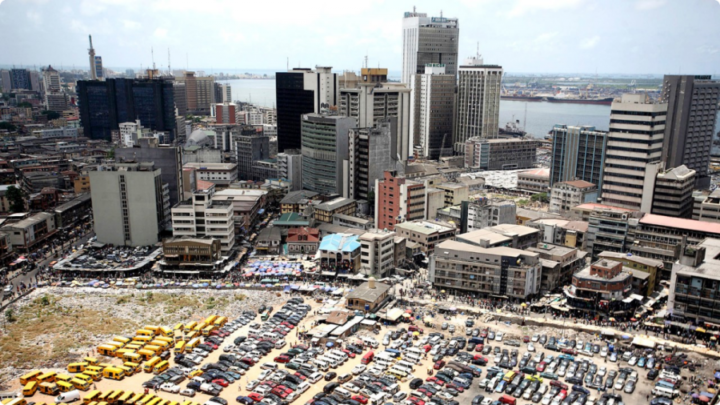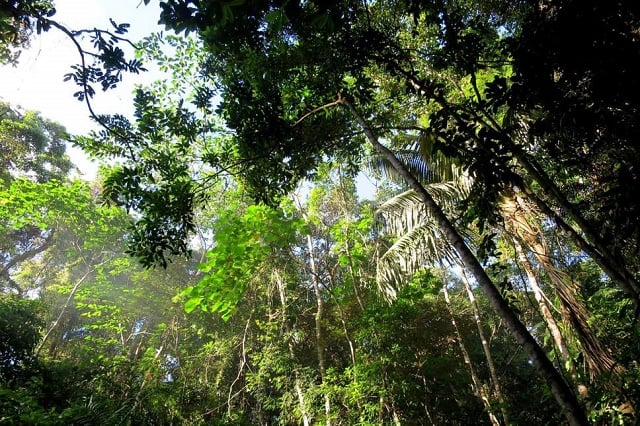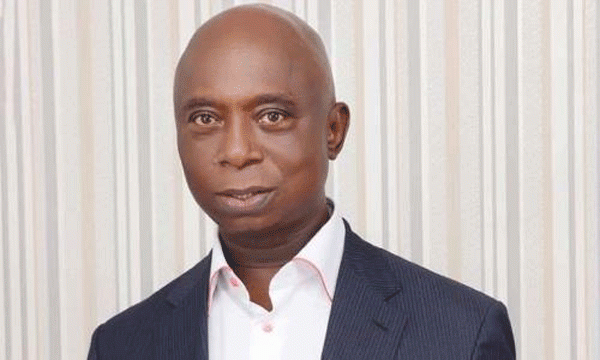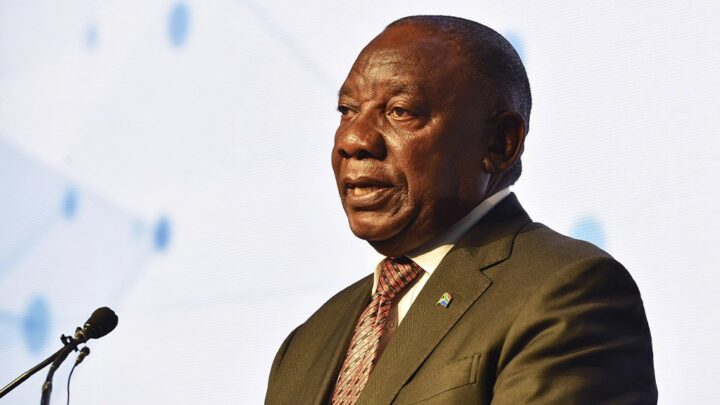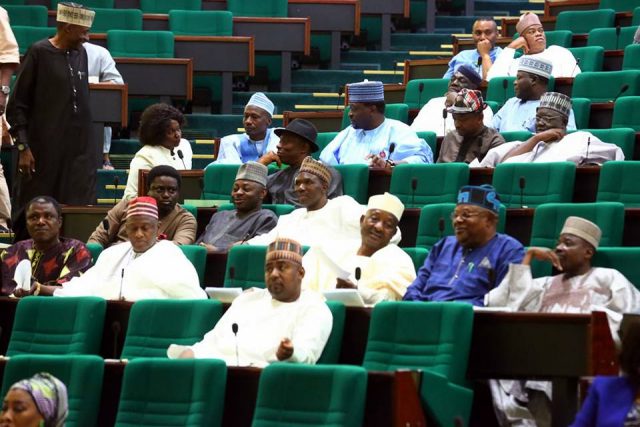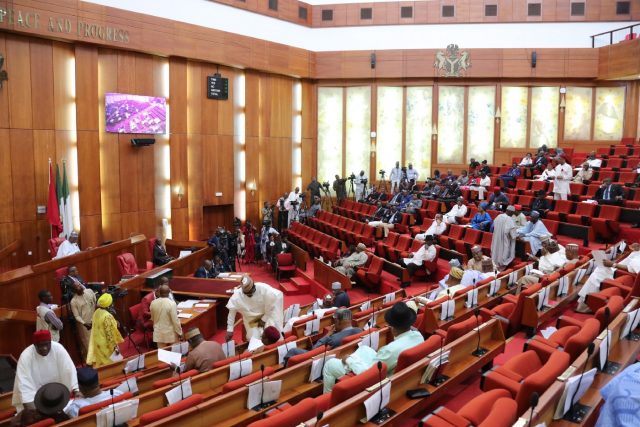The news that Nigeria’s economy cooled down to 2.05% in the first quarter of 2019 compared to 2.38% in Q4’18 has left investors wondering about the chances of growth gathering momentum during the second half of the year.
On the one hand, it’s an encouraging sign we’ve seen the fastest first-quarter growth since 2015, driven mainly by the non-oil sector which grew 2.47%. On the other hand, the oil sector shrank by 2.4%, sending a worrying signal that the sector isn’t doing as well as it should be even amid rising oil prices.
It is becoming increasingly clear that economic growth is unlikely to reach the ambitious Economic Recover and Growth Plan (ERGP) target of seven percent but it may hit the Central Bank of Nigeria’s target of 2.47%.
For this to happen, the growth trend in the oil sector would need to rebound and the services sector would need to sustain its current strength. Added momentum could stem from oil prices should they hit a bullish streak going forward, supporting the economy as the oil trade still accounts for a handsome chunk of the nation’s foreign exchange earnings.
Advertisement
There are other potential areas of growth. Regionally there is a significant development which could increase economic efficiencies and trade within Africa – the African Continental Free Trade Area (AfCFTA) which comes into effect on May 30. Although Nigeria hasn’t yet joined AfCFTA, there’s still a chance it will do so, once discussions are completed with stakeholders.
In addition to opening intra-Africa trade relations, the AfCFTA gives multi-national companies the chance to set up in one African country and be passported to another 52 countries within a common market made up of over one billion people. Increased access to foreign expertise and investment could improve local manufacturing and processing systems while driving more growth and jobs creation. In the best-case scenario, standardised trading agreements across AfCFTA may open up trading channels which could lead to increased company sales, revenues and profits. Nigeria sells just 12.7 percent of its total exports to other African countries, so if the treaty is ratified there’s scope for increased government and company revenues from a boost in trade.
In general, there needs to be a stronger push in diversifying away from oil reliance to other sources of sustainable growth. An important part of sustainable growth is investment sentiment and the current economic stability along with easing inflationary pressures which may lead to a more dovish Central Bank of Nigeria (CBN) monetary policy by way of interest rate cuts. If so, a reduction in interest rates would stimulate borrowing and investment from local businesses, which in turn would support economic growth. A more robust economy plus foreign exchange reserves rising towards $45 billion would likely provide ammunition for the CBN to defend the Naira.
Advertisement
Another factor impacting on Nigeria’s recovery is the external threat of the US-China trade negotiations which could end up pressuring oil prices if the result is a global slowdown, meaning less demand for oil. The USD is staying strong amid the trade tensions and should they intensify further, they will hit emerging markets where it hurts – in their currency exchanges. This would undermine the Naira while pressuring consumer spending and on top of that, falling oil prices would likely dent government revenues.
Looking ahead, there is scope for Nigeria’s economy to gather momentum in the second half of the year, provided some key basics of growth are kept in focus: supportive monetary policy; keeping consumer spending healthy; sustaining investor confidence; and improving economic infrastructure, particularly in the oil sector. Even if the risks stemming from US-China trade disputes are out of Nigeria’s hands, shoring up the domestic economy could help it weather any storms.
The worst-case alternative is less attractive. If a global slowdown is triggered due to the trade tensions, economic growth in Nigeria may follow suit, meaning the CBN will face more difficult challenges to support the Naira and wider economy through monetary policy.
Advertisement
Add a comment

